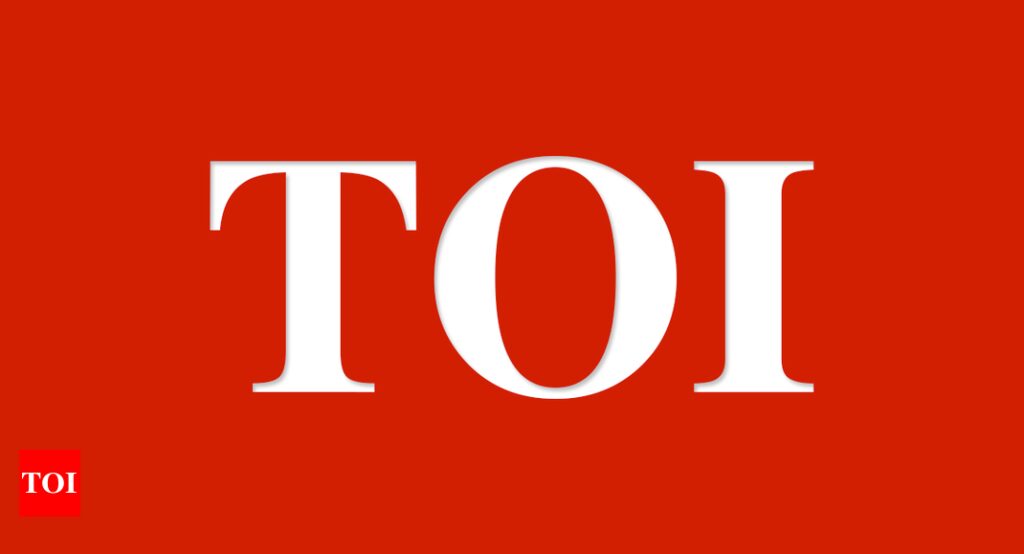[ad_1]
ABDM is a key health initiative by the government which aims to provide digital health IDs for all Indian citizens to help hospitals, insurance firms, and citizens access health records electronically when required.
Since its launch in September 2021, the ABDM has achieved significant growth with over 44 crore ABHA numbers (earlier known as Health ID), 2.15 lakh health facilities registered in the health facility registry (HFR)and over 2.11 lakh healthcare professionals under the healthcare professionals registry (HPR).
The parliamentary committee headed by Bhubaneshwar Kalita, in its report that was tabled in the parliament on Friday, has said realistic information about the incidence and type of cancers across the country is needed for better formulation on cancer treatment and uniform distribution of cancer care.
The committee has also suggested de-merger of the National Cancer Control Programme (NCCP) from the National Programme for Prevention and Control of Cancer, Diabetes, Cardiovascular Diseases and Stroke (NPCDS). “The committee appreciates the government’s impetus on institutional framework for cancer care and management and financial support for combating the cancer disease. However, it opines that cancer must be dealt with separately instead of being part of other lifestyle and non-communicable diseases,” it says.
In 2022, India recorded approximately 14.6 lakh cancer cases. By 2025, this number is projected to touch 15.7 lakh. According to a study published recently in the Indian Journal of Medical Research (IJMR), lung and breast cancers were the leading sites of cancer in men and women, respectively. Among childhood (0-14 yr) cancers, lymphoid leukaemia (boys: 29.2% and girls: 24.2%) was the leading site, the study suggested, adding that increase in cancer cases was attributable to the changes in population dynamics and its growth. India, the study explained, is expected to see an increase in the older age population, and especially the proportion of the population (>60 years) is expected to increase from 8.6 per cent in 2011 to 9.7 per cent in 2022.
Most cancer cases in India are detected in late stages leading to poor prognosis. The department related committee has suggested that the issue of screening for cancer should be taken up at ‘Jan Aandolan Pace’, a mass movement to fight against cancer by timely screening. “A day in a month may be fixed for cancer screening on the lines of reproductive and child health,” it suggests.
Tobacco consumption is a leading cause of many cancers. The parliamentary committee has suggested raising taxes on tobacco products make them less affordable. “Committee recommends the ministry (health ministry) to pursue with the department of revenue to expedite the decision on raising taxes on tobacco products,” the report says.
[ad_2]
Source link











More Stories
Congress replaces Kamal Nath, names an OBC as Madhya Pradesh chief | India News
Fire breaks out in ITBP camp in Srinagar; none hurt | India News
Parliament Security: Co-villagers give clean chit to Lalit Jha, parents to move court | India News